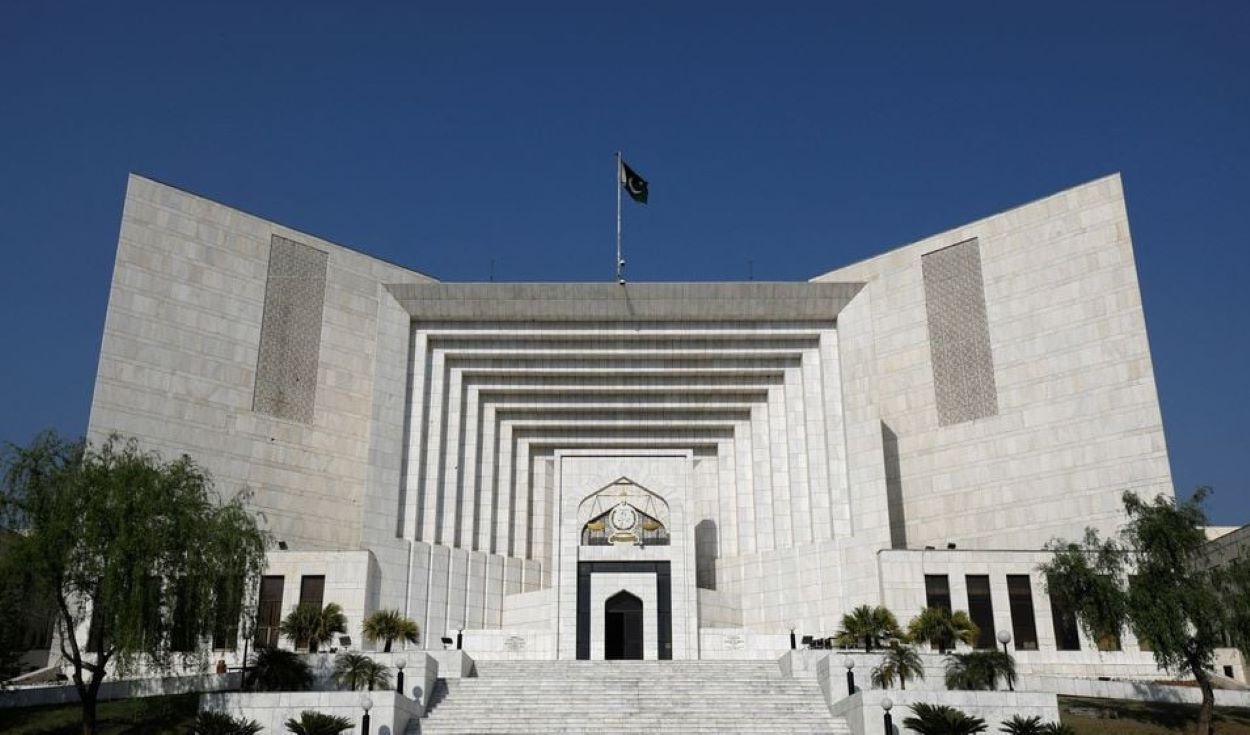In a landmark judgement, the Supreme Court of Pakistan has rendered civilian trials in military courts unconstitutional. The ruling addresses longstanding concerns over jurisdictional overreach, ensuring civilian cases are no longer tried in military forums.
The bench headed by Justice Ijaz Ul Ahsan, including Justices Munib Akhtar, Yahya Afridi, Sayyed Mazahar Ali Akbar Naqvi, and Ayesha Malik, unanimously ruled against the controversial practice. They specifically found sections of the Army Act infringing upon constitutional bounds, invalidating the military trials of around 103 civilians involved in the May 9 disturbances following PTI Chief Imran Khan’s arrest.
The judgment mandates that existing and future civilian trials under the Army Act, including court-martial proceedings, lack legal standing, directing civilians to face trial in established criminal courts. This pivotal ruling reaffirms the separation of power and authority between civilian judiciary and military institutions, reinforcing the rule of law.
During the hearings, the Attorney General of Pakistan, Mansoor Usman Awan, defended the necessity of military courts, especially concerning trials of terror suspects after the 21st Amendment. However, the justices questioned the extension of military jurisdiction to civilians, emphasizing the importance of fundamental rights under the Constitution.
Justice Malik highlighted that legislation contravening fundamental rights is unsustainable, questioning how military discipline laws could apply to civilians. The discussion underscored that allowing such practices could potentially erode fundamental rights, even in trivial civilian matters.
After intense deliberations, the court reserved its judgment, hinting at a detailed verdict to follow. This case marks a significant moment, potentially reshaping how justice is administered, particularly concerning the military’s role. The verdict asserts the supremacy of constitutional rights, ensuring civilians’ access to the appropriate judicial processes.







